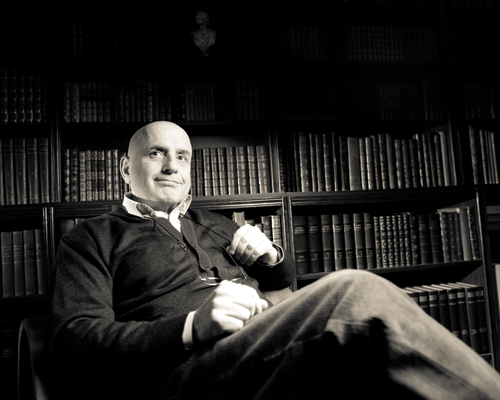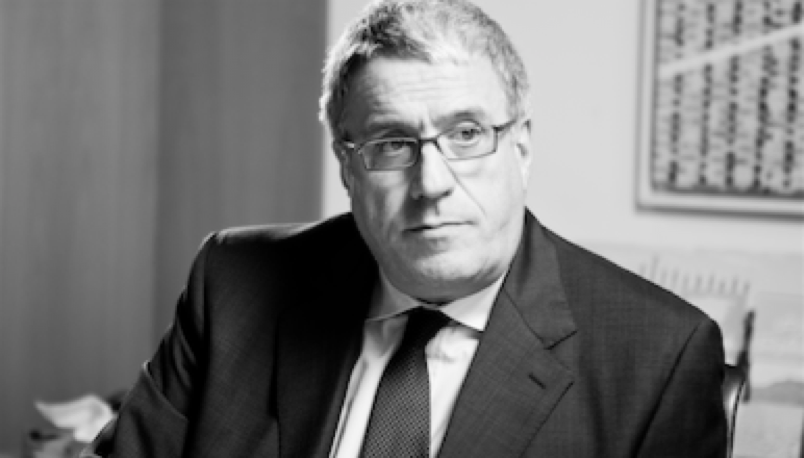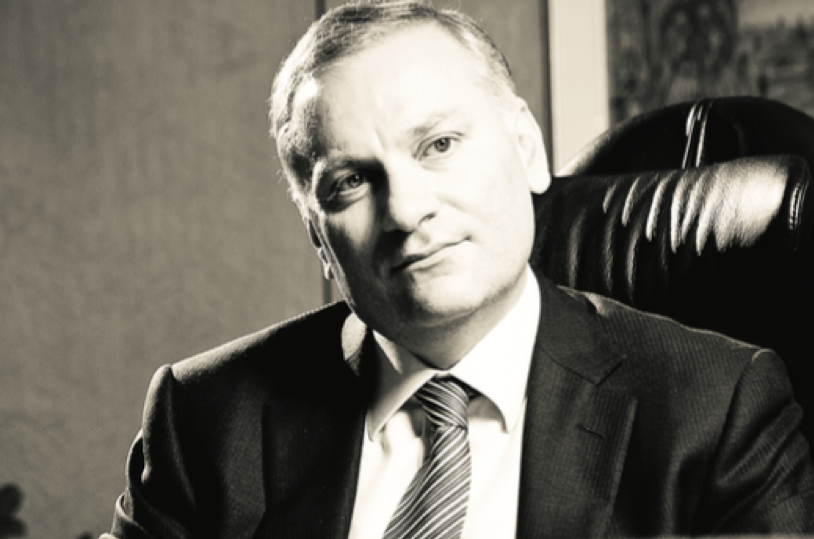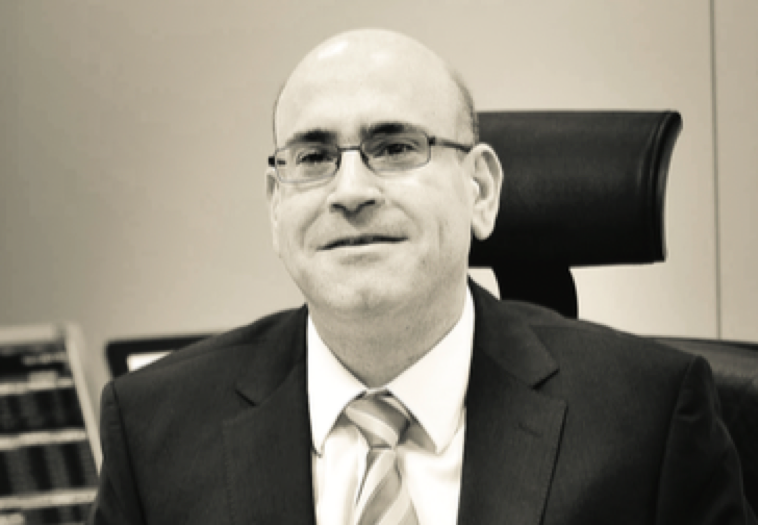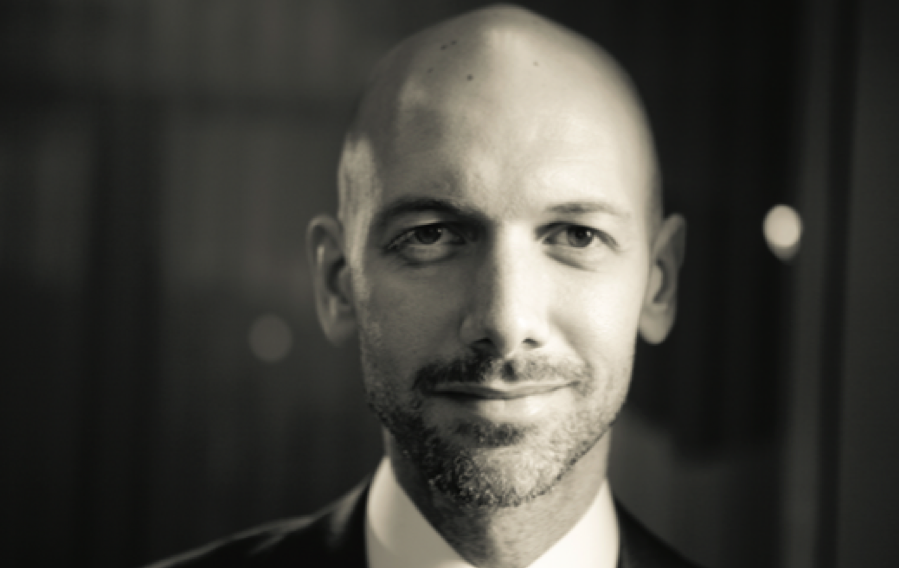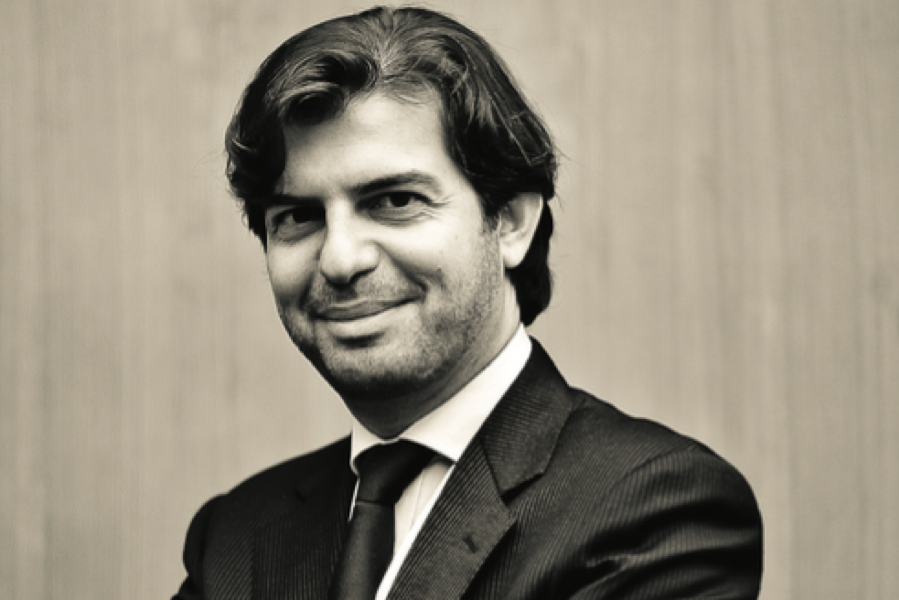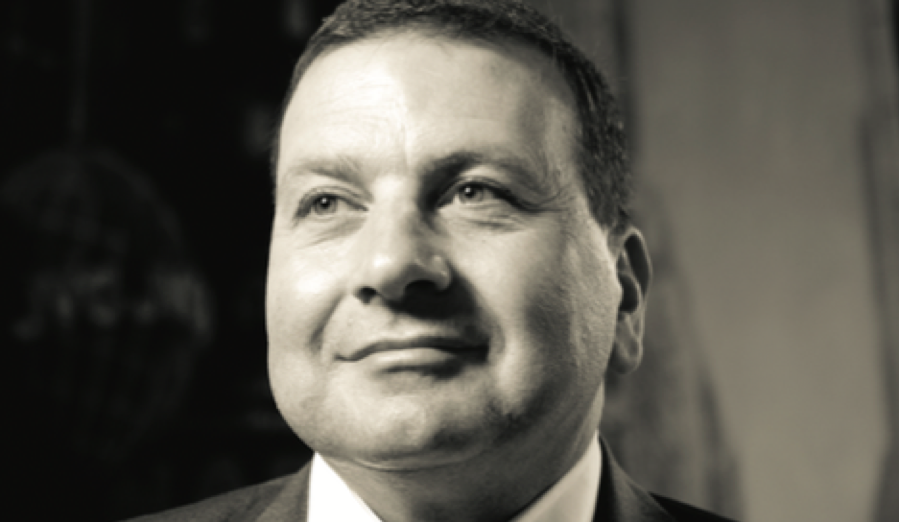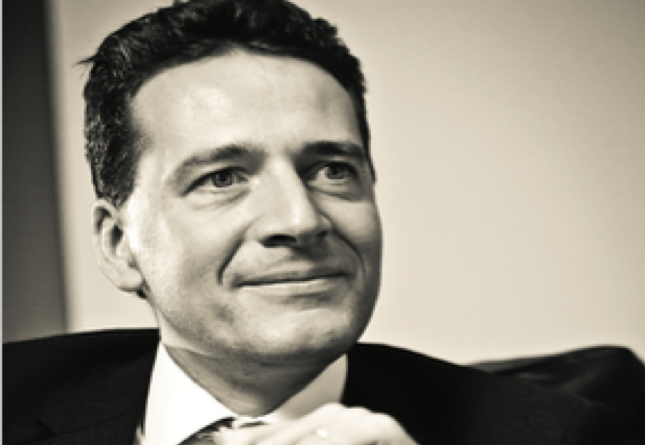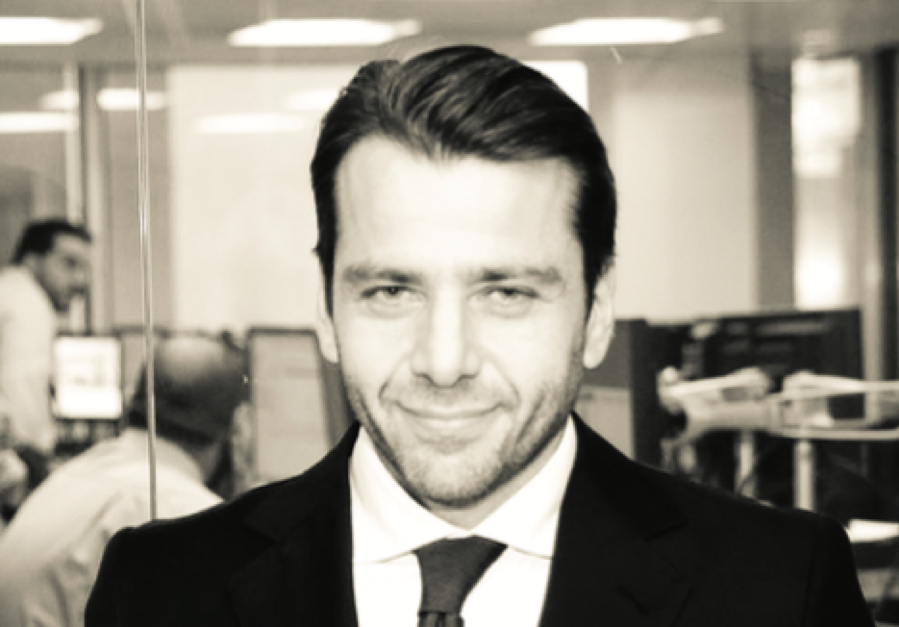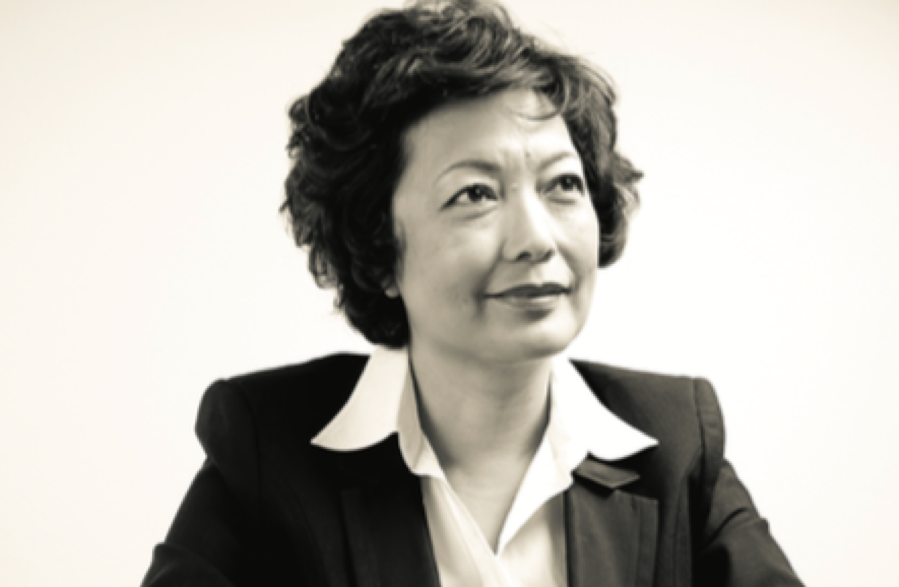It all started with a 10-franc copy of “Madame Bovary”. Now Antoine Abi-Heila is ensconced at Bibliopolis, his appointment-only Aladdin’s cave of literary treasures in Beirut’s Ashrafieh neighborhood. A dealer, restorer and polymath, he spoke to Executive about his life surrounded by rare and historical tomes.
How did you succumb to the charm of the first edition?
It’s simple. In the 1970s, at the age of 18, I discovered that a contemporary edition of Madame Bovary by Gustave Flaubert was 10 French francs, and a new edition was the same price. So I preferred to buy the nineteenth century edition in a nice leather binding. I discovered [collecting] early. Books… can’t be compared to other antiquities or antiques. [They] concern the spirit, and the spirit is universal and timeless.
So the content is as important as the material value of the edition?
I compare this to — this is a stupid comparison, but anyhow — when a lady is very nice, beautiful and everything. She puts on makeup, she dresses herself elegantly. But when she makes love, she will be nude, so no use for jewels or makeup. The book is the same. The cover, the illustration, the binding are very important to give attraction, but the most important [thing] is the text in itself. I understand people who only want the text, but I don’t want an e-book. I want shelves, and I want to hold the material, to feel it, nice illustrations. This is to look for perfection.
You specialize particularly in ancient Arabic manuscripts. Are these the most popular items on the regional market for antiquarian texts?
Lebanese bibliophiles are in three classes. You have the people who are fanatic about their country and they want everything related to Lebanon, and [those] who want really landmark universal literature. The third category is the Islamic manuscripts and illuminated Qurans. I have discovered that Saudi businessmen, if they want to make a corporate present, can buy a manuscript for 10, 20 or 30,000 dollars. It expresses something as a social ritual. It means I am an intellectual, I am offering you a book and I consider you as an intellectual person.
You’ll soon be publishing your own historical discovery…
‘The Perfumed Garden’ [by Sheikh al-Nafzawi] is an erotic treatise written in early 15th century Tunis, in Arabic. Four hundred years later, in 1850, a young French officer discovered this manuscript and he translated it into French. He didn’t dare put his name on it, he used a pseudonym, ‘Baron R’. Five years ago, I discovered who Baron R was. I bought the original handwritten manuscript draft in Paris, and I found his name in Arabic. I went to the archives of the Defense Ministry in France with a name: General Jean-Baptiste Campenon. In his file I compared his signature, the script and his background. He was really courageous — it took 10 years for him to translate this from Arabic.
Is there anything in your collection that you’ll never sell?
I had a collection that I said I’d keep, but I sold it two weeks ago. This is a scoop for you… They are very important original documents relating to the conflict of 1860 in Lebanon between the Druze and the Maronites. [A French General] came here with instructions to punish the Druze leaders who committed massacres. This is the whole correspondence he had; for example, the petition sent to him by the widows of Deir El Amar.
For this period [there were no] original documents [in the public domain]. So I sold this to FNB bank [as part of the national] patrimony.
Are there any books or documents you still long to get your hands on?
I am particularly attracted to hand-written historical documents. Right now I am looking for [documents by] Stalin and Hirohito, the previous emperor of Japan, to complete [my collection of] all the antagonists of the Second World War. And Bin Laden, if I can find something by him, is important.

